Digital marketing is evolving at an unprecedented pace, and businesses must stay ahead of these changes to remain competitive. With advancements in technology, shifting consumer behavior, and increasing concerns about privacy, the future landscape of digital marketing in 2025 and beyond will be significantly different from today.
This blog explores the key trends shaping the future of digital marketing and how businesses can prepare to adapt and thrive.
Table of Contents
1. Artificial Intelligence (AI) and Automation
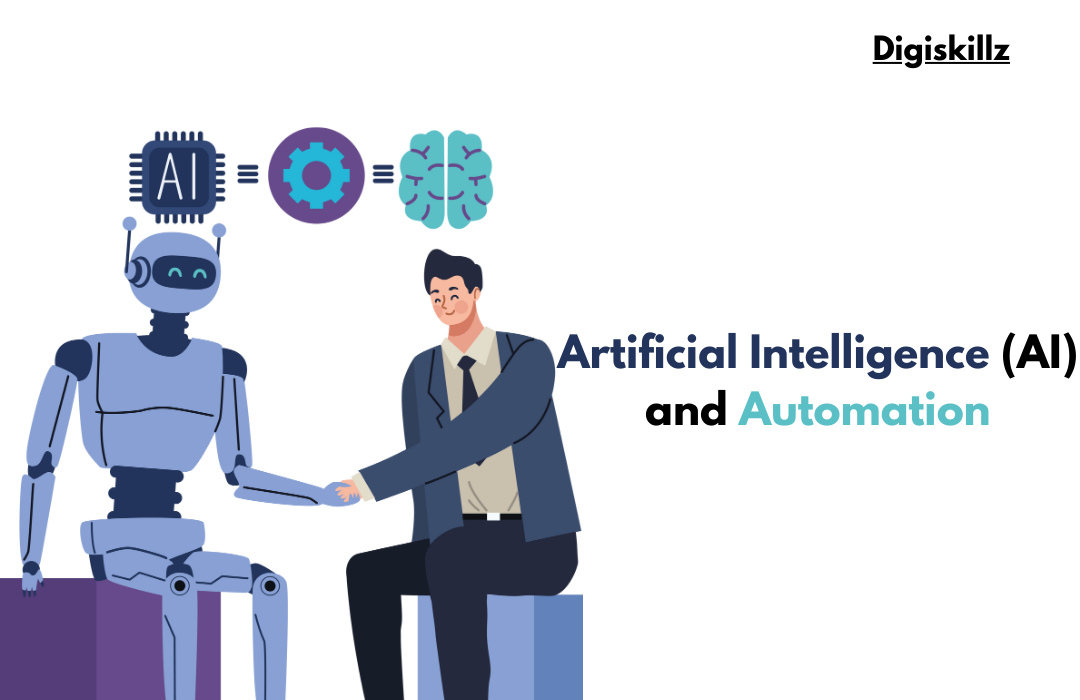
AI is already transforming digital marketing, and its role will only become more critical in the coming years. AI-powered tools help businesses streamline operations, analyze consumer behavior, and personalize customer experiences like never before.
AI’s Effect on Digital Marketing’s Future
-
Chatbots & Virtual Assistants:
AI-driven chatbots provide real-time customer support, manage inquiries, and guide users through the sales funnel. -
Predictive Analytics:
AI makes highly personalized advertising possible by analyzing enormous volumes of data to forecast consumer behavior. -
Content Generation:
AI tools, such as GPT-based copywriters, assist in creating high-quality content faster and more efficiently. -
Ad Targeting & Optimization:
AI automatically adjusts ad placements and messaging based on real-time user data, improving campaign performance.
In 2025 and beyond, AI will continue to automate repetitive marketing tasks, allowing marketers to focus more on creative strategies and human-centric engagement — a pivotal shift in the future of digital marketing.
2. The Growing Influence of Voice Search and Conversational Marketing
With the rising use of voice-activated devices like Amazon Alexa and Google Assistant, voice search is becoming a preferred method for users to access information. Businesses must optimize their digital presence for voice-based queries to remain relevant.
Key Adjustments for Voice Search
-
Conversational Keywords:
Unlike traditional SEO, voice search emphasizes natural, conversational phrases. -
Position Zero Optimization:
Voice assistants often pull answers from featured snippets. Businesses need to optimize content to rank in this coveted spot. -
Local Search Optimization:
Local SEO is more important than ever because a large portion of voice searches are location-based.
Conversational marketing, powered by AI chatbots and voice assistants, will enhance real-time customer engagement and create a seamless user experience — an essential component of the future of digital marketing.
3. Hyper-Personalization Through Big Data
Consumers increasingly expect personalized experiences, and big data is enabling brands to deliver tailored content, offers, and messaging based on individual preferences.
Personalization Strategies for the Future
-
Dynamic Email Marketing:
AI-driven campaigns that adapt based on user behavior and engagement. -
Personalized Website Experiences:
websites that, depending on user profiles, dynamically alter their layout, content, and suggested products.
-
AI-Powered Product Recommendations:
Advanced algorithms that predict customer interests based on browsing history.
Brands leveraging big data for hyper-personalization will enjoy higher engagement rates and improved conversion performance, which will be critical for success in the future of digital marketing.
4. Video Marketing and Interactive Content
Video continues to dominate digital consumption, especially on platforms like TikTok, YouTube, and Instagram Reels. However, future video marketing will go beyond traditional formats.
Upcoming Video Trends
-
Shoppable Videos:
Embedded shopping options within videos for a seamless purchase experience. -
Interactive Videos:
Giving viewers a choice within the video boosts their interest. -
Live Streaming:
Live product launches and Q&A sessions allow audiences to engage and interact in real time.
Marketers must create immersive and engaging video content to thrive in the future of digital marketing.
5. Social Commerce and E-Commerce Integration with Social Media
Social media platforms are rapidly becoming full-fledged e-commerce hubs. Apps like Instagram, Facebook, and Pinterest now allow users to shop directly.
Key Features Driving Social Commerce
-
In-App Checkout:
Enables customers to finish transactions without ever leaving the platform. -
Shoppable Posts & Stories:
Product tags in images and videos enable instant purchasing. -
Live Shopping Events:
Brands host live product demonstrations with built-in purchasing features.
Optimizing social commerce strategies will be crucial for visibility and conversions in the future of digital marketing.
6. Blockchain Technology and Digital Advertising
Blockchain is poised to revolutionize digital marketing by enhancing transparency, reducing fraud, and improving ad targeting.
Impact of Blockchain on Digital Marketing
-
Ad Fraud Prevention:
Ensures advertisers only pay for genuine user interactions. -
Improved Data Privacy:
Decentralized systems allow users to control their data, reducing reliance on third-party cookies. -
Transparency in Influencer Marketing:
Verifies influencer engagement and avoids fake follower scams.
As data privacy concerns rise, blockchain will become an essential part of a trustworthy future of digital marketing.
7. Sustainability and Ethical Marketing
Modern consumers prefer brands that reflect their values, particularly around sustainability and ethical practices.
Future Marketing Trends for Sustainability
-
Eco-Friendly Campaigns:
Promoting green initiatives and responsible packaging. -
Transparent Supply Chains:
Highlighting ethical sourcing and fair trade. -
Cause-Driven Marketing:
Working together on social concerns to build closer emotional ties with clients.
Brands that focus on sustainability and ethics will not only attract conscious consumers but also foster long-term loyalty, which is vital for the future of digital marketing.
8. Immersive Marketing Through AR and VR Technologies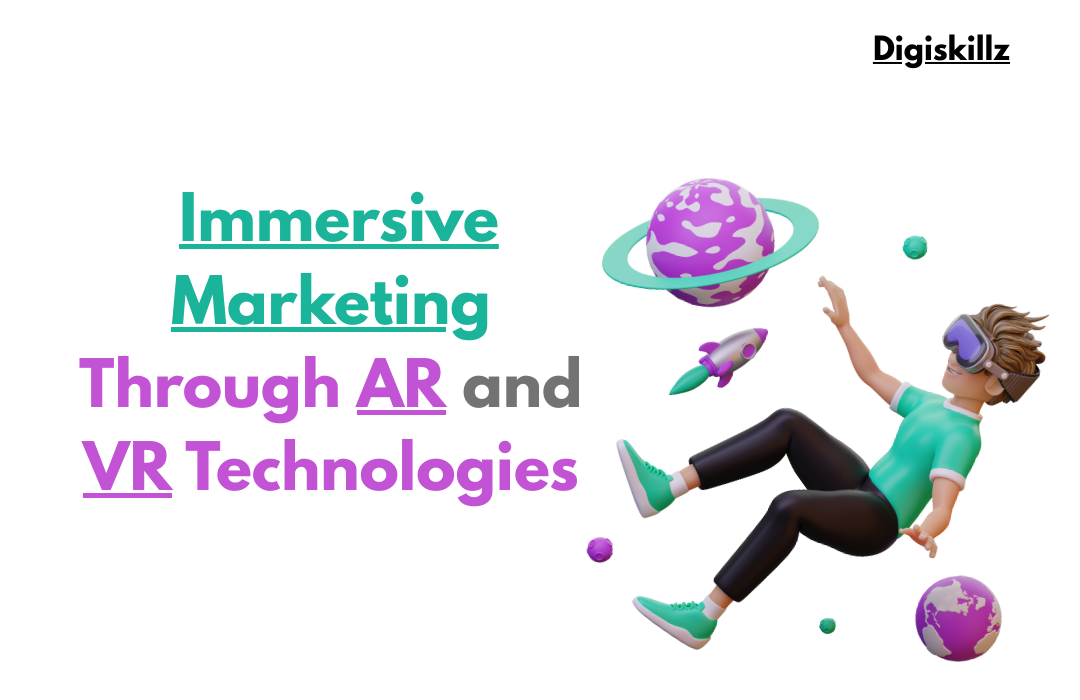
Augmented Reality (AR) and Virtual Reality (VR) are transforming how consumers experience brands, providing immersive and engaging digital interactions.
Examples of AR & VR in Digital Marketing
-
Virtual Try-Ons:
Companies like IKEA and Sephora let buyers see things before they buy them. -
AR-Powered Advertisements:
Interactive ads where users can explore 3D product models.
Immersive technologies will redefine user engagement, offering innovative ways to experience products online, leading the way for the future of digital marketing.
Conclusion
The future of digital marketing is bright, full of chances for creativity, innovation, and deeper audience engagement. By embracing AI, voice search, personalization, immersive content, and ethical practices, brands can stay ahead of the curve and build meaningful relationships with their audiences in 2025 and beyond.
Is your company prepared to embrace change? Start adopting these trends today to shape a more impactful digital future!
Author : Ronaq
Learner of DigiSkillz, Digital Marketing Institute in Kochi.



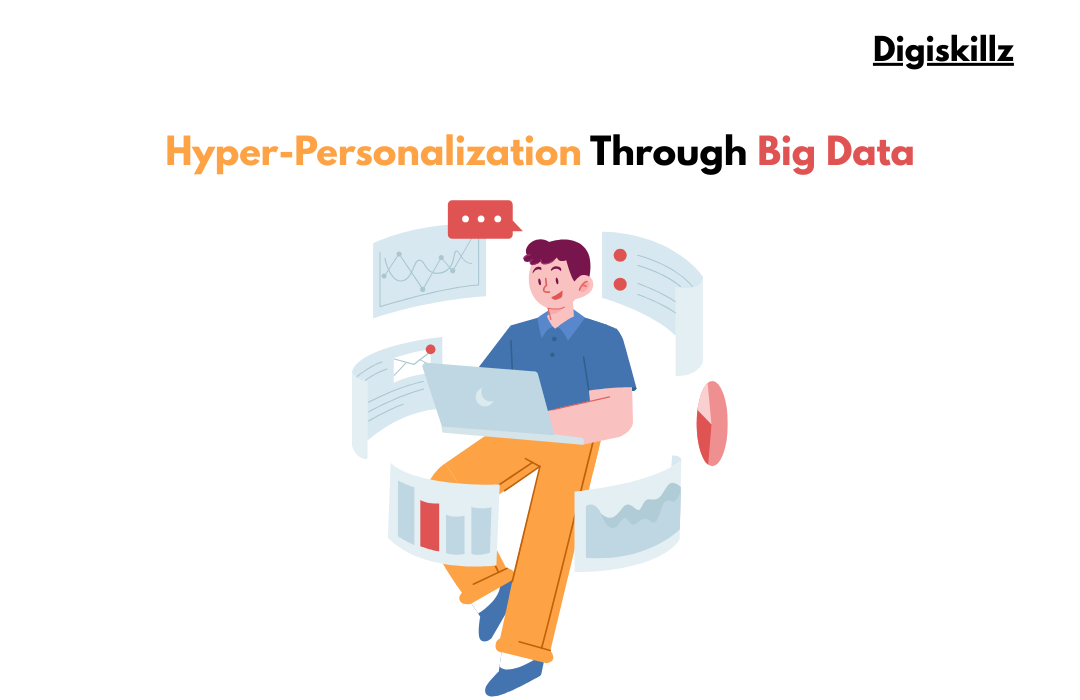



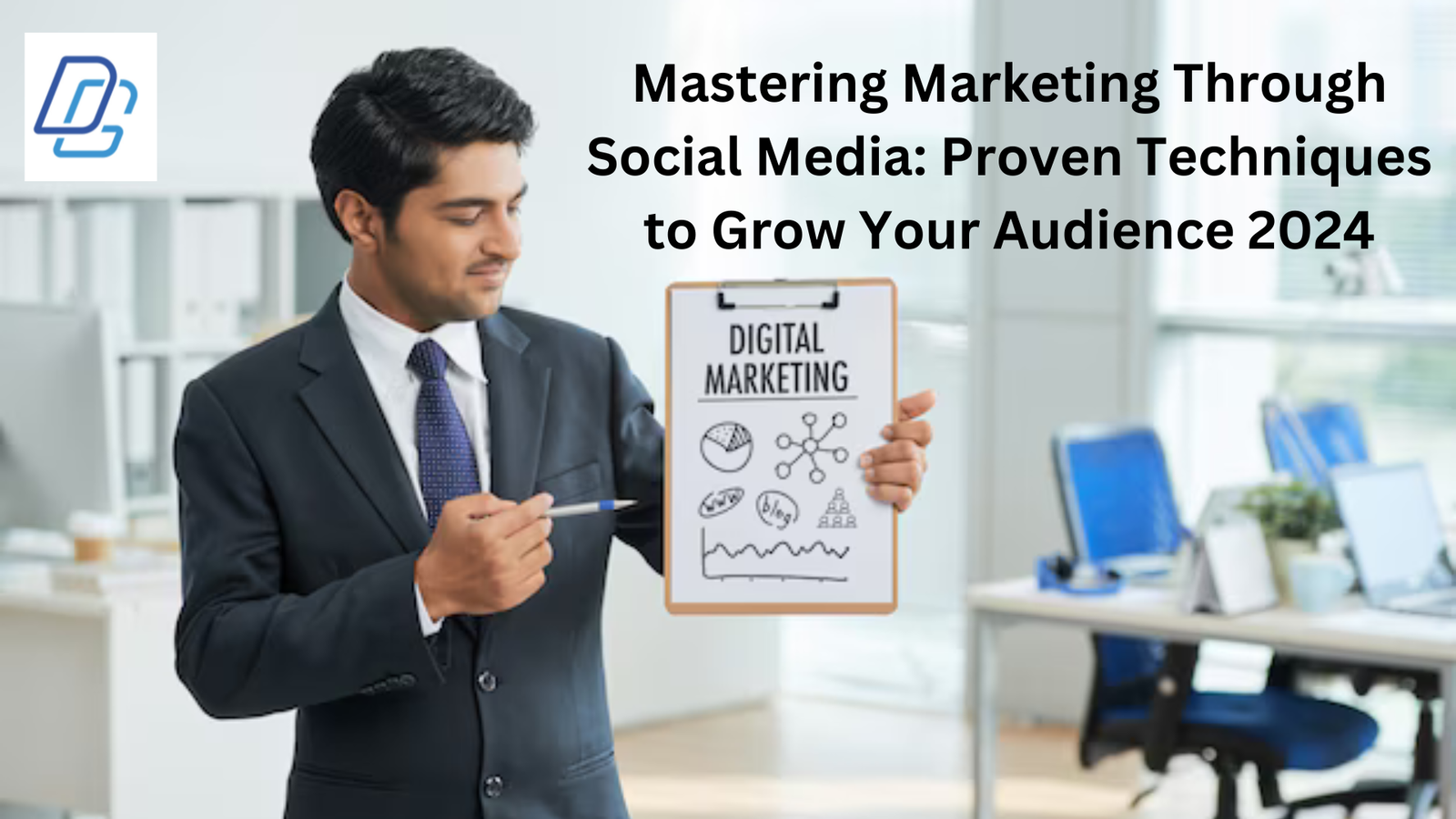
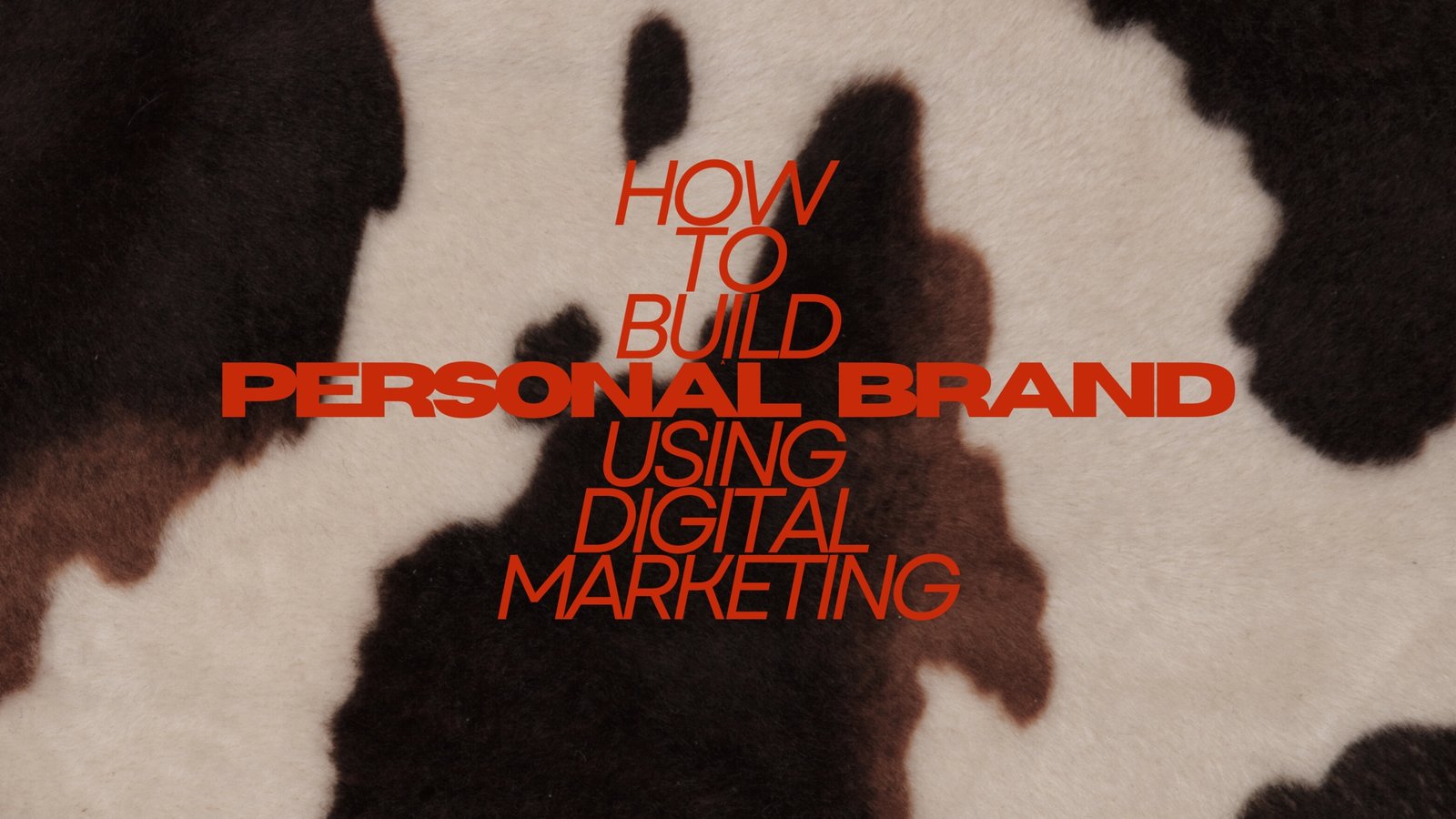
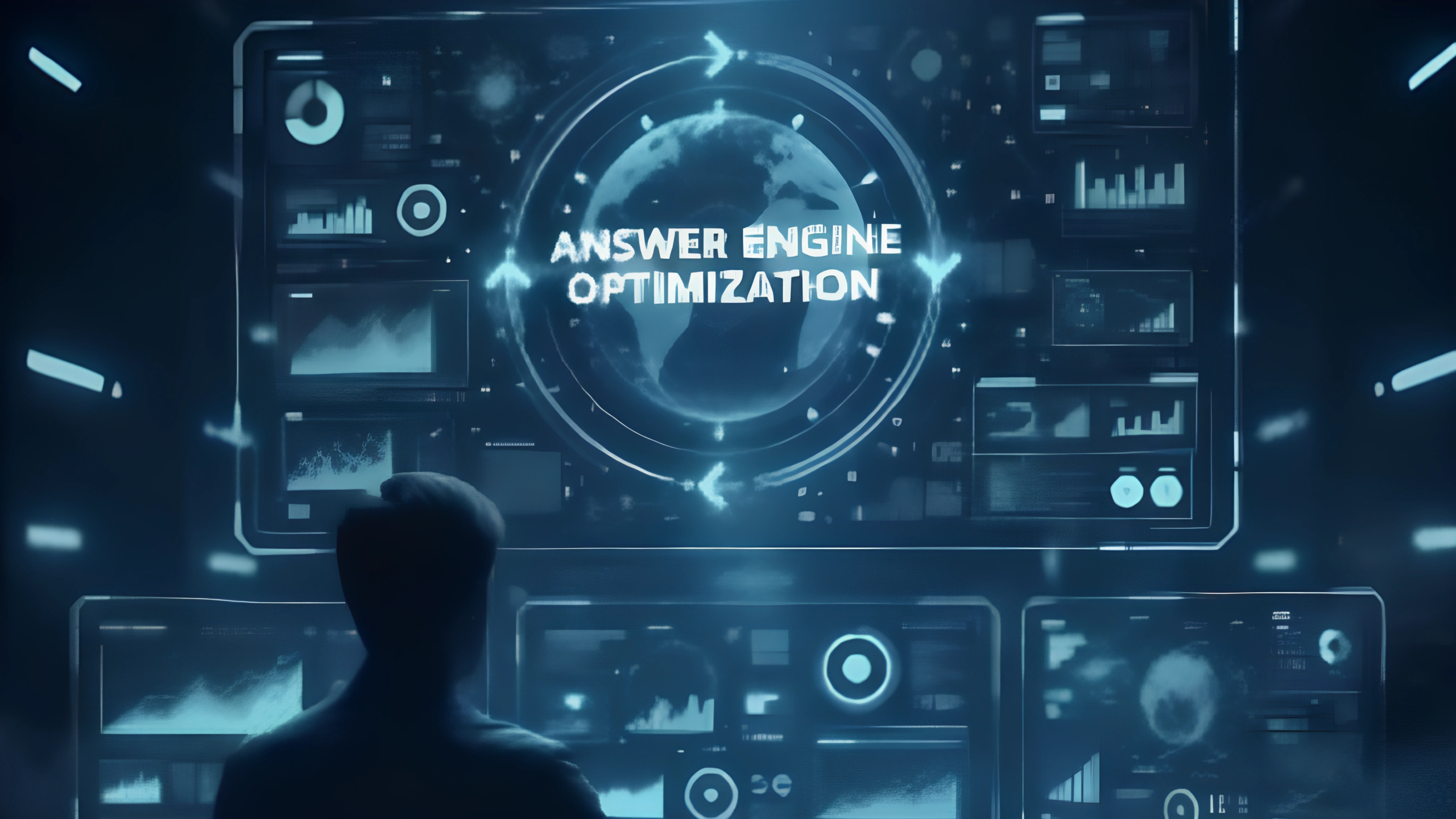
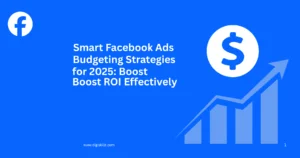
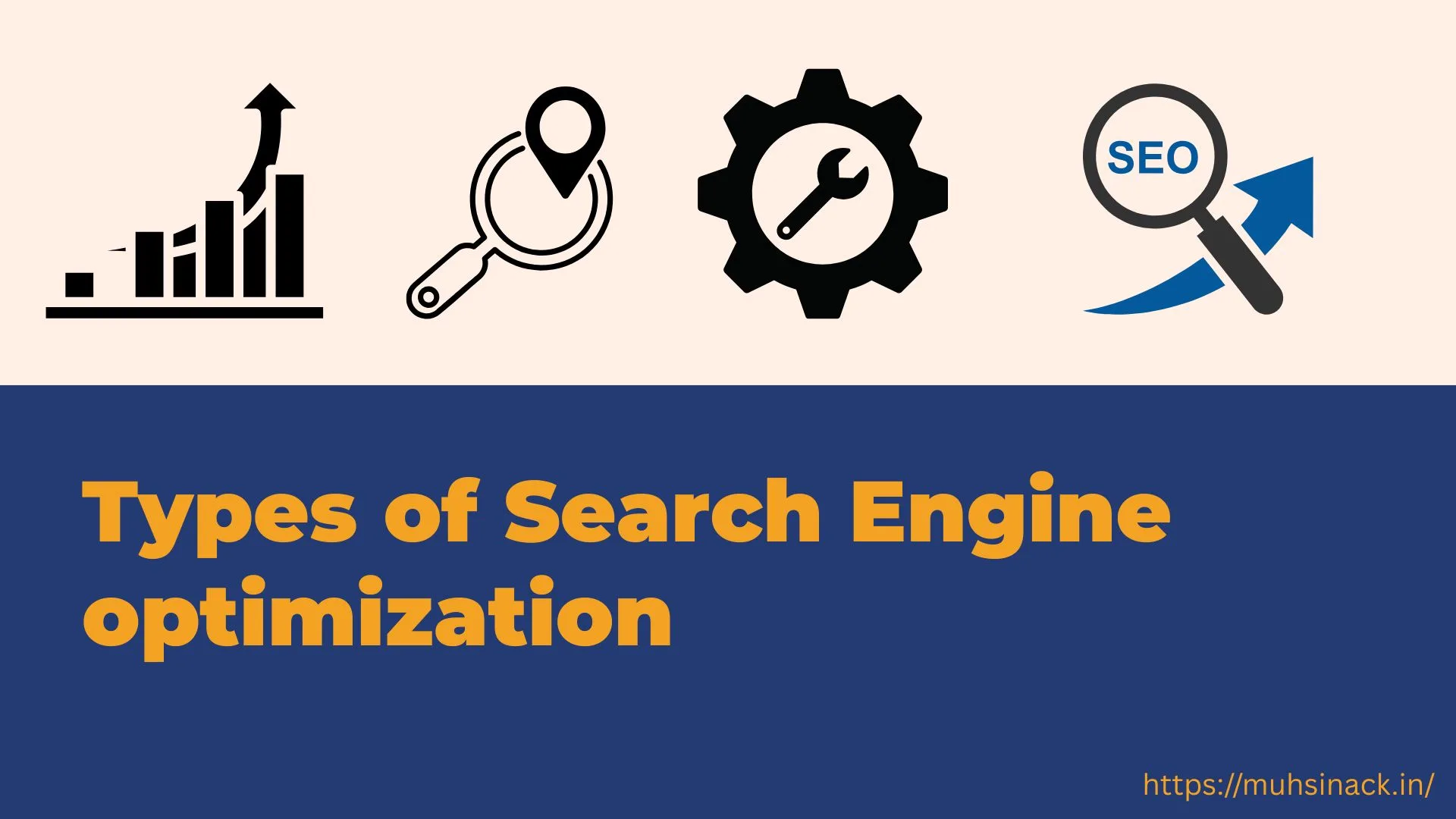
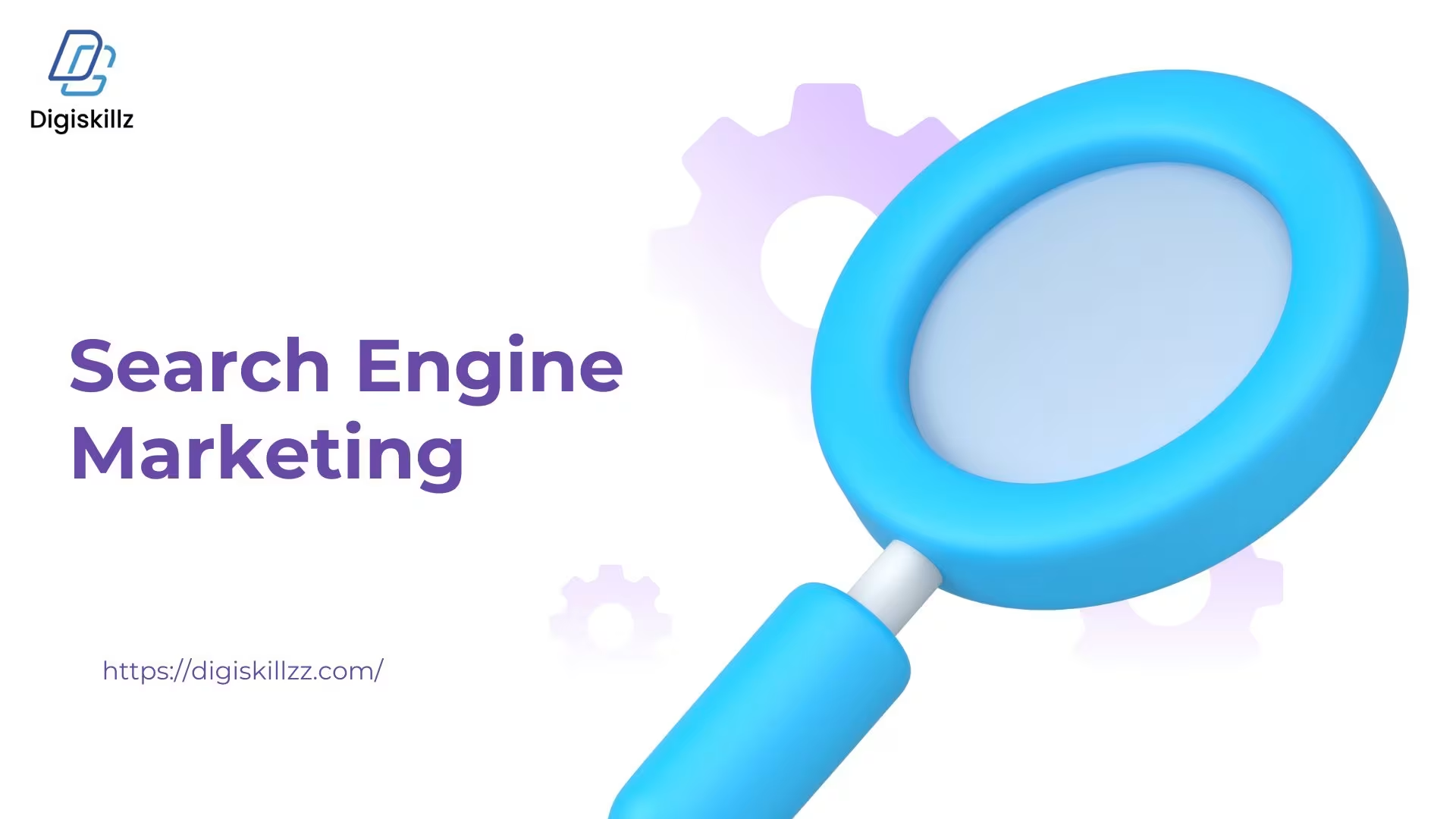
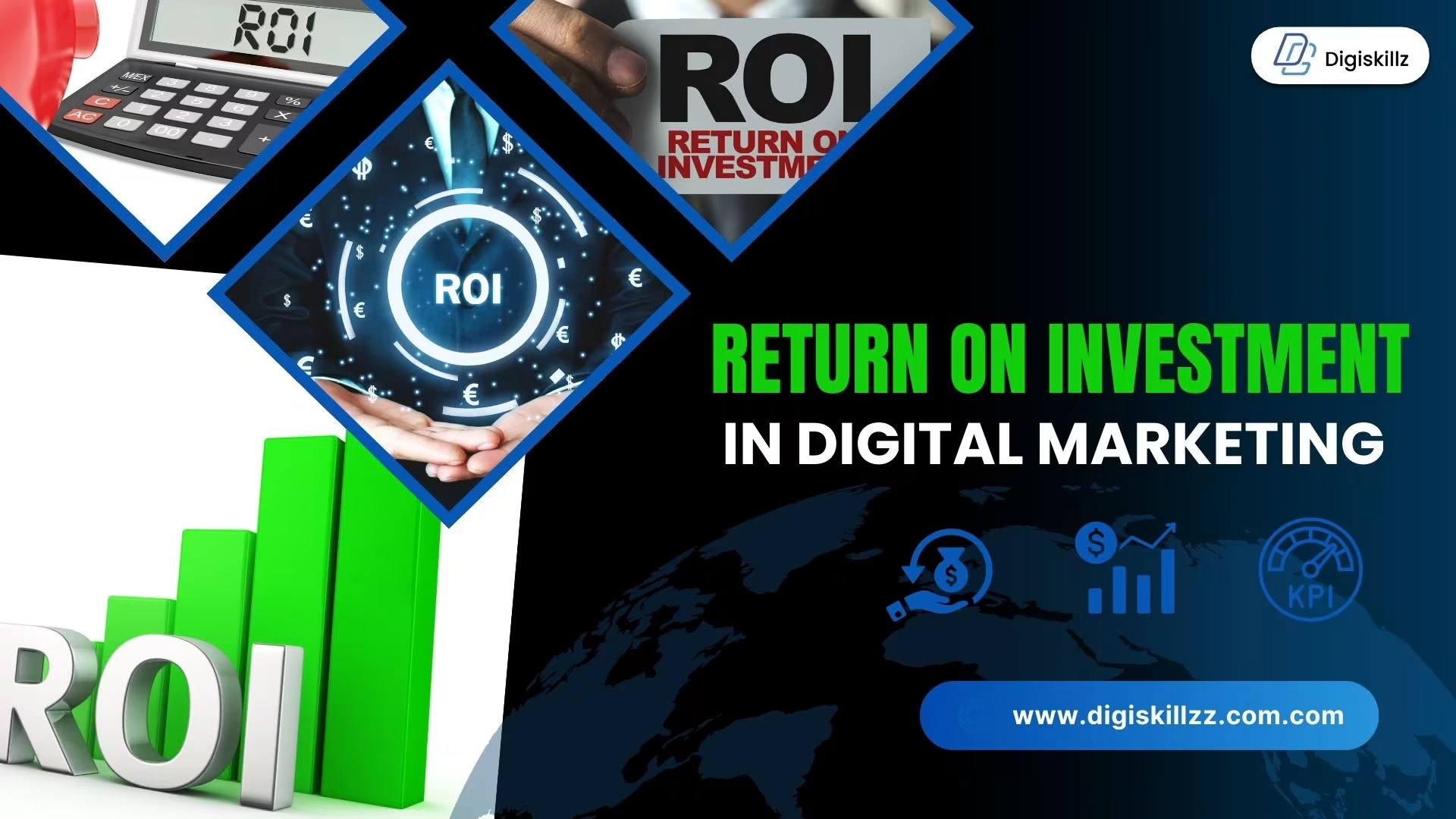
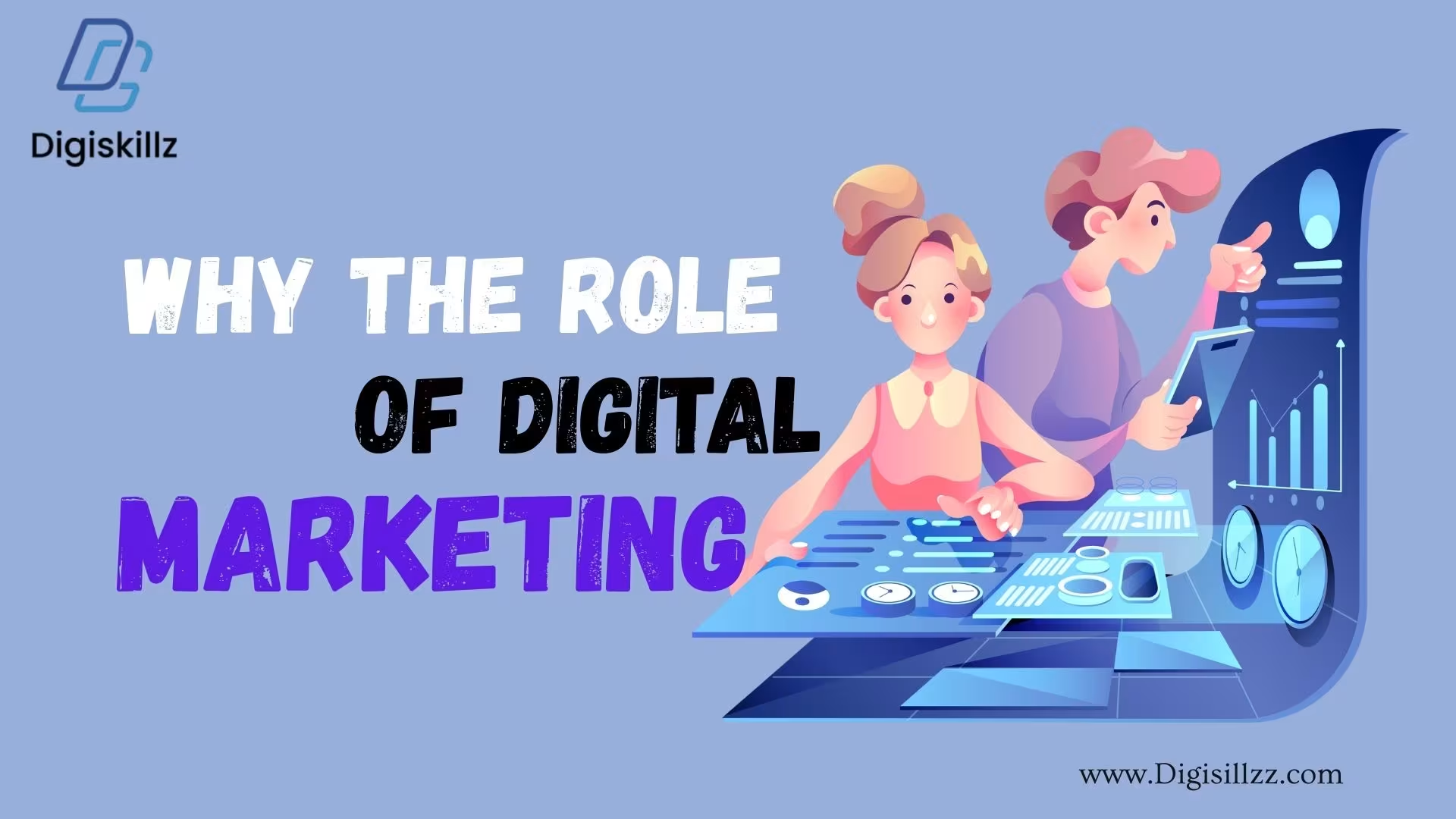
Leave A Comment